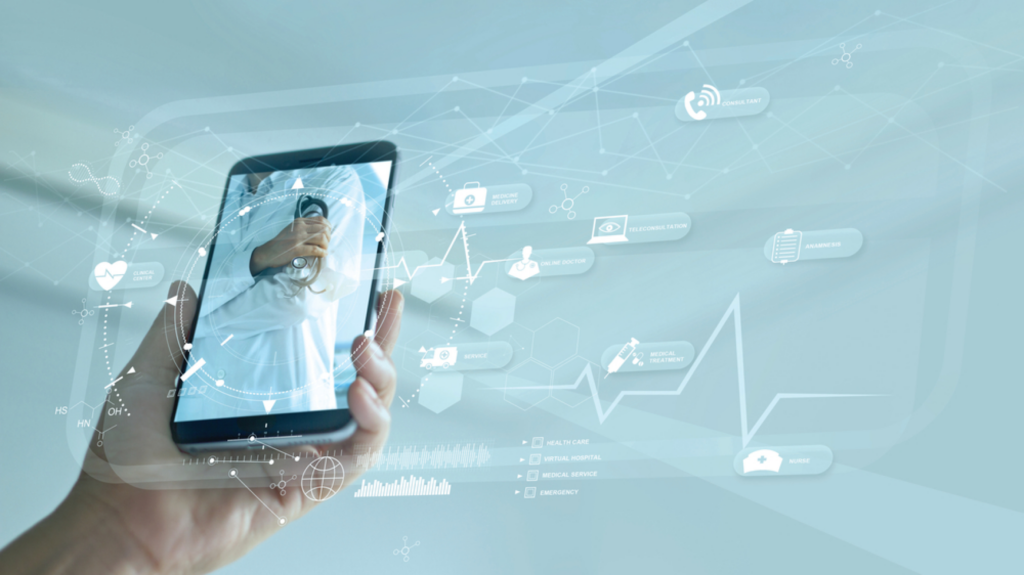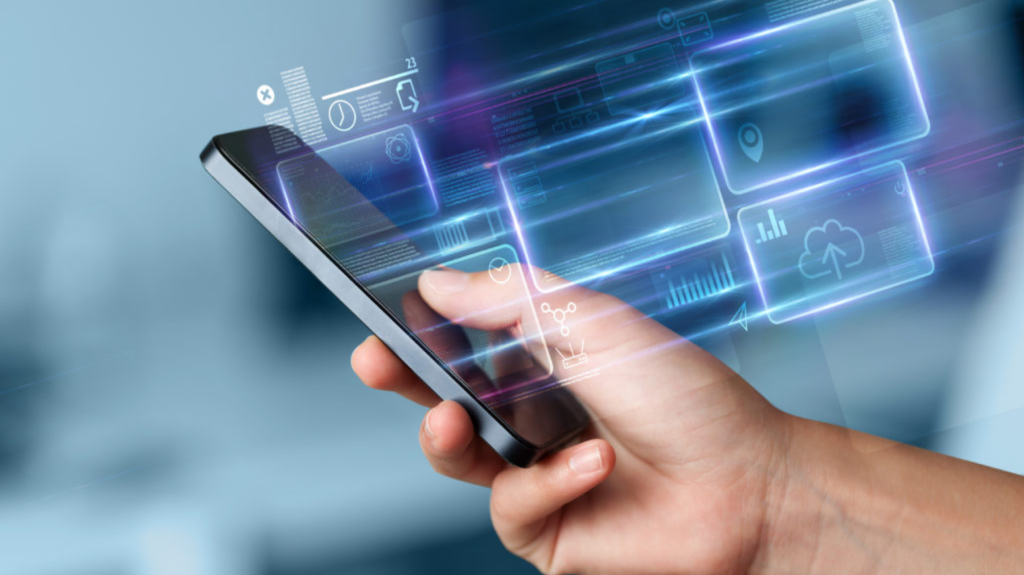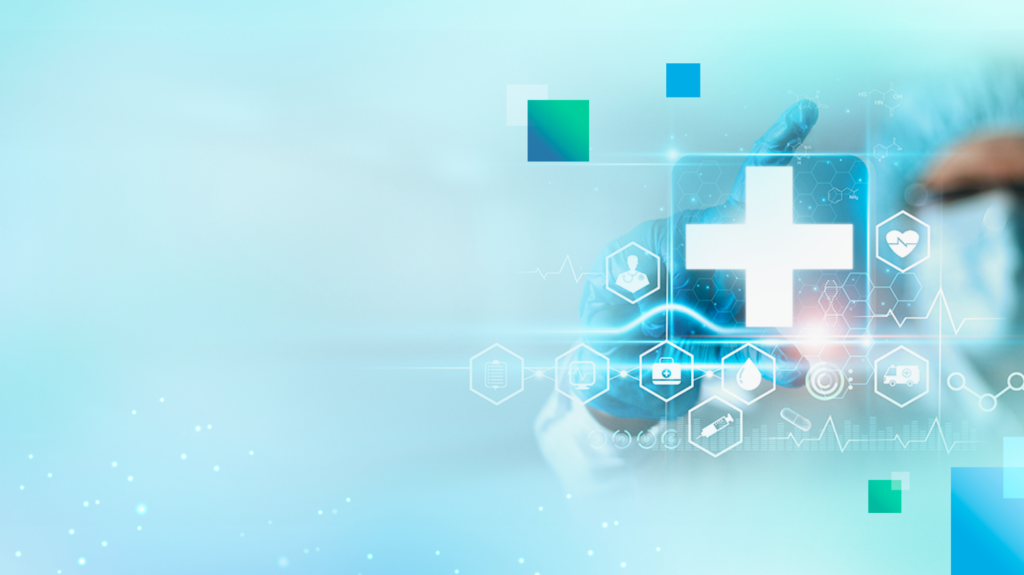One of the most significant innovations in recent years has been the mobile integrated healthcare (MIH) model. Mobile integrated healthcare involves the delivery of healthcare services through mobile technologies and devices. This model offers numerous benefits to patients, healthcare providers, and healthcare organizations, including improved access to healthcare services, more efficient delivery of care, and better health outcomes.
Particularly in the realm of Emergency Medical Services (EMS), research reveals that around 15% of Medicare beneficiaries transported to the Emergency Department (ED) by EMS were either non-emergencies or could have been adequately treated by primary care. This unnecessary strain on resources incurs a staggering cost of approximately $1 billion annually.
In this article, we will discuss the emerging trends and technologies associated with mobile integrated healthcare, such as telehealth solutions, remote patient monitoring devices, and artificial intelligence (AI) applications for healthcare providers. We will also explore the various challenges and opportunities that this model presents.
How Has Mobile Integrated Healthcare Evolved Throughout the Years?

Mobile integrated healthcare is a patient-centered model that brings care and preventive services right to the patient’s doorstep.
First emerging in the late 1990s, the focus was on delivering on-demand care and preventive services to patients either in their homes or in a mobile setting. These included providing telephone guidance to 911 callers, offering community paramedicine care, managing chronic diseases, delivering preventative care, conducting post-discharge follow-up visits, and facilitating transport or referrals to appropriate healthcare options beyond the confines of hospital emergency departments.
Since then, MIH has expanded its capabilities, incorporating telemedicine, virtual visits, and home health monitoring to enable remote healthcare services.
Emerging Trends & Technologies in Mobile Integrated Healthcare

Begun initially as a community paramedicine initiative, mobile integrated healthcare has continually evolved alongside technological advancements. Through AI-powered decision-making, MIH has made personalized treatment plans more easily accessible, minimizing the need for multiple hospital visits. By utilizing wearable devices and telemedicine, traditional medical visits have transformed into efficient virtual consultations, saving costs and resources. Throughout these changes, the main objective remains improving patient-centered care and ensuring universal access to healthcare services, regardless of geographical or time-related limitations. Let’s delve into the key trends shaping this remarkable field.
→ 6 Healthcare Technology trends in 2023
Leveraging MIH with AI-Driven Decision Support
Artificial Intelligence (AI) algorithms have the potential to play a crucial role in healthcare by examining extensive data sets, detecting patterns, and predicting health outcomes. This empowers EMS providers and healthcare professionals in mobile integrated health programs with real-time insights and recommendations for patient-centered care. Beyond traditional healthcare settings, this technology enhances accuracy and significantly reduces diagnosis time, which helps expedite treatment plans and improve patient outcomes.
AI synthesizes patient data through modeling and machine learning for real-time decision support during virtual appointments and home health monitoring. It analyzes medical histories, vital signs, and genetic information to identify patterns and trends, and assess health risks. The outcome? Personalized treatment plans tailored to each individual. Furthermore, AI enhances the accuracy of clinical decision support systems, greatly improving the chances of precise remote diagnosis.
Wearable Health Tech Integration
Wearable health devices are changing the dynamics of patient care. From fitness bands that monitor heart rate and sleep patterns to smartwatches that record ECG, these devices provide real-time data, enabling preventative care and early intervention. Wearables empower patients to actively participate in their health journey, fostering a proactive healthcare culture.
Enhanced Telemedicine in MIH
Telemedicine is breaking geographical barriers, providing remote patient care, and ensuring continuous health monitoring. It offers convenience, saves travel time, and reduces healthcare costs, all while maintaining high-quality care. Especially during the current pandemic, telemedicine has proven its pivotal role in healthcare delivery. Within the MIH field, telemedicine relies on several technologies to enable seamless virtual consultations. These include secure video conferencing, real-time data sharing, and integration of electronic health records (EHR).
Telehealth has emerged as a significant aspect of healthcare during the pandemic and continues to impact everyday clinical interactions. It provides a convenient alternative for patients who cannot physically attend medical visits. Even as the pandemic recedes, healthcare organizations are embracing telemedicine applications to enable doctor-patient connections in remote areas and provide remote patient care. This ensures access to healthcare services regardless of location. Moreover, virtual care options present interesting opportunities for clinical systems to explore new avenues of growth from a revenue perspective.
Data Security and Privacy Matters
With the surge in digital health records, ensuring data security has never been more crucial. Robust encryption protocols, secure cloud storage, and stringent compliance to data protection regulations are key in preventing breaches and maintaining the integrity of sensitive healthcare data. Data security remains a paramount concern as we continue to embrace digital healthcare solutions. To reduce these risks, MIH programs must have strong cybersecurity measures. This includes constant monitoring, detecting threats, and strict access controls.
Additionally, in the US, MIH programs must adhere to strict healthcare software compliance, such as HIPAA. Compliance involves securing data, documenting processes, conducting risk assessments, and ensuring third-party vendors adhere to the same standards. Embracing these emerging trends and technologies is crucial in empowering mobile integrated healthcare to reach new heights of patient care, efficiency, and data security.
The Importance of Healthcare Technology Experts in Mobile Integrated Healthcare

As we approach the end of this discussion on mobile integrated healthcare, we cannot overlook the significance of expert intervention in the field of healthcare technology. The integration of healthcare and technology presents unique challenges – regulatory compliance, cybersecurity management, and the ongoing evolution of technology. Addressing these issues internally can be both costly and operationally demanding.
And bringing aboard a reliable software development company can make a world of difference. By tapping into their specialized knowledge and experience, healthcare organizations can efficiently implement MIH, revolutionizing the way we deliver medical care. Let’s delve deeper into why healthcare technology experts prove indispensable in this transformative journey.
- Accelerated Development and Deployment:
Their knowledge speeds up the development and deployment of mobile integrated healthcare solutions, reducing time-to-market. This agility is particularly important in a constantly evolving healthcare landscape.
- Expertise in Data Security and Privacy:
Healthcare technology experts have extensive experience in healthcare data security, interoperability, and patient privacy. They implement robust security measures to protect patient data, ensuring compliance with regulations.
- Optimized Resource Allocation:
Their insights optimize resource allocation, making MIH initiatives cost-effective and impactful. Understanding the nuances of technology procurement and deployment, they will help maximize the value of every dollar invested.
- Real-World Problem Solving:
Healthcare technology experts demonstrate their knowledge in dealing with real-life issues in MIH programs. They are skilled in developing patient-focused MIH applications that smoothly work together with existing EHR systems, allowing healthcare providers to access complete patient information during treatment. Moreover, they can assist in creating secure telemedicine platforms that enable virtual consultations while following healthcare data regulations.
Meet KMS Healthcare – Your Partner to Implement MIH Programs
In the rapidly evolving healthcare field, mobile integrated healthcare promises to transform how care is delivered by bridging traditional and community-based models. As this evolution takes place, partnering with healthcare tech experts like KMS Healthcare can significantly fast-track this transformation.
At KMS Healthcare, we’re dedicated partners in healthcare technology. Our team of top software developers brings specialized skills in healthcare workflows, test automation, interoperability, and data security. With 14+ years of industry knowledge, we prioritize data safety and compliance. We offer quick team expansion, reducing hiring costs and providing various engineering services.
Our collaborative approach guarantees a customer-focused culture, high-quality results, and a relentless focus on innovation. With a proven track record serving 50+ HealthTech firms, we’re here to speed up your journey to groundbreaking healthcare solutions.

To learn more about how we can navigate the MIH landscape together, schedule a free consultation with our experts at KMS Healthcare.

